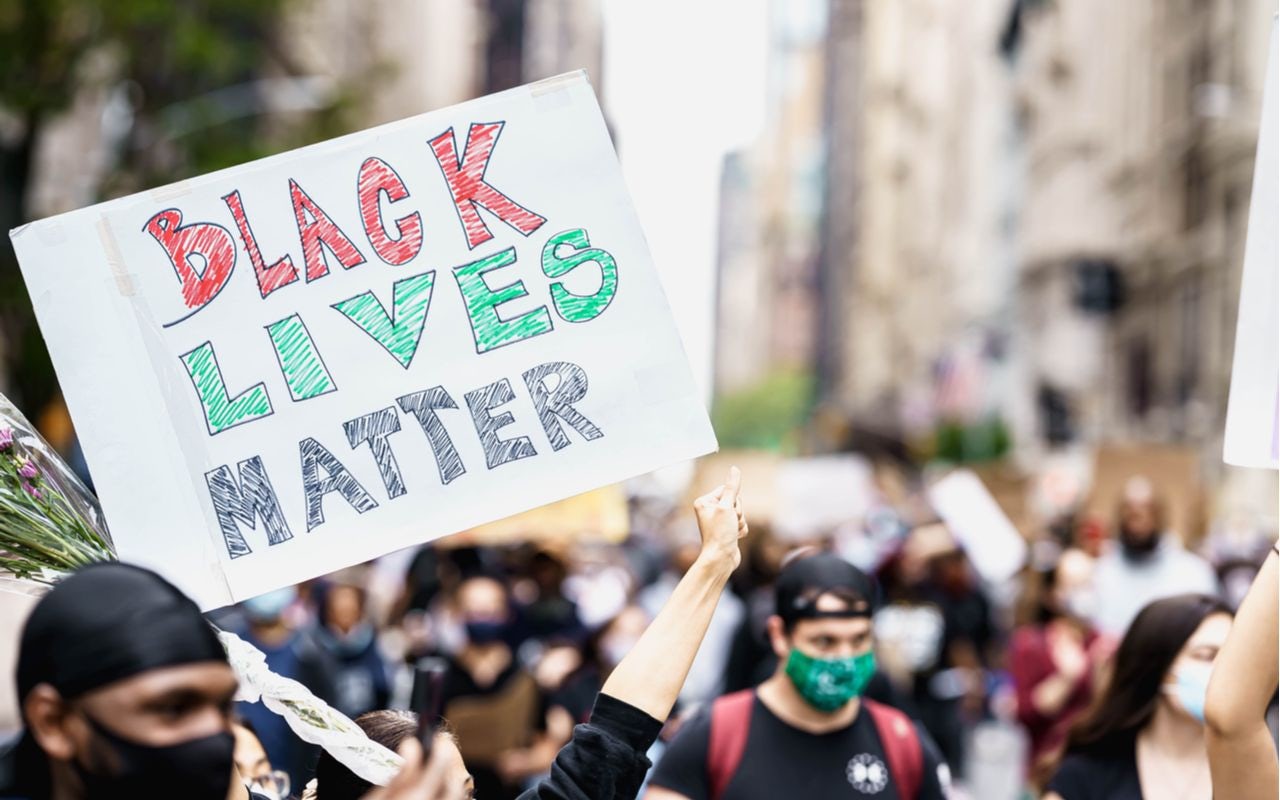Pre-COVID-19, it seemed like the global business community was starting to engage in Corporate Social Responsibility (CSR). The market was witnessing a flow of investments into environmental and Social & Governance (ESG)-themed funds. Then, in August, The Business Roundtable famously announced a new Statement of Purpose of a Corporation, which was signed by 181 CEOs, each committed to responsibly leading their companies for the benefit of all: customers, employees, suppliers, communities, and shareholders.
Even Larry Fink, the CEO of the 7 trillion-dollar asset management firm Blackrock, alerted CEOs in his annual letter that social purpose and profits were inextricably linked. In China, corporations have been moving toward greater transparency of their operations while leveraging digital technologies such as WeChat to engage with their consumers more effectively.
But now, with many companies dangerously close to going under, it’s reasonable to wonder how many executives and company boards will truly commit to CSR. Yet, this pandemic is surely reinforcing the real need for CSR, and companies will double down on it for four reasons in particular:
ROI is real#
First of all, CSR helps deliver real returns. In the first quarter of 2020, ESG-themed funds saw record inflows in the US while the rest of the market saw hundreds of billions of dollars of outflows, according to Jon Hale of the data provider Morningstar. As it turns out, many ESG indices held up better through the downturn than their broader market counterparts. Seven out of 10 sustainable equity funds finished in the top halves of their respective Morningstar categories, and 24 of 26 ESG-centric index funds outperformed their closest conventional counterparts.
Today, companies don’t have easy answers about how to balance the needs of employees, customers, investors, and society. The correct actions can vary materially across sectors and should be decided based on a range of factors such as changes in product demand, government-mandated shutdowns, workforce flexibility, and fiscal policy support. Yet many of them are figuring it out quickly. Even before the coronavirus outbreak, more investors were looking at companies through the lens of ESG practices. But now, corporate decisions about human capital, customers, and society during the COVID-19 pandemic will necessarily carry more weight. As companies face greater scrutiny, ESG will now have an even larger role in evaluating investments.
Technology#
Next, technology is helping to drive more responsible innovations and market opportunities. As noted by George Kell of ESG quant fund Arabesque, it has helped to drive the CSR movement by improving resource efficiency, collaboration, and the search for new business models. Meanwhile, the pandemic has supercharged digitization across all sectors and strengthened the infrastructure and analytics supporting CSR reporting. Examples of the vital role technology played in our collective responses to the pandemic range from Zoom calls to the reliance on telehealth and the rise in digital literacy. Technology has undoubtedly aided and inspired people and brands during this crisis.
The speed of the pandemic forced firms to switch overnight to fully digital models. Industries no longer had years to make this change — they now had a matter of hours to achieve their digital agendas. For example, the China-based education firm New Oriental Group wildly boosted its efforts to convince parents, students, and educators to move to a livestreaming platform that could support a million students simultaneously across previously unserved cities. Meanwhile, the movie studio Huanxi quickly pivoted from a new film release in suddenly-shuttered theaters to a new livestream launch with Bytdance — all in 24 hours.
Globalization is here to stay#
Third, while globalization has been dealt a blow, it isn't going away. Think of all the great global brands that depend on two or more continents to produce and sell their products or services (Apple, Alibaba, LVMH, Tesla, and Danone). And think of the hundreds of thousands of Gen Zer and Millennial student-consumers who have lived and studied outside their home countries. They've been forever changed through their broader world views. We cannot put the globalization genie back in the bottle now that our youth and brands have gone global. And again, technology (Twitter, WeChat, TikTok, Instagram, and more) connected us globally, even when the world was in lockdown.
That doesn’t mean that politicizing the pandemic will end, particularly in a presidential election year in the US. However, consumers are more informed and holding their governments and businesses accountable as society moves through this crisis.
Individuals drive brands#
And finally, individuals build and drive brands, so we shouldn’t generalize too quickly about a brand, sector, nation, or people. Through CSR, we engage with individual stakeholders — employees, customers, suppliers, and investors — to grow brands through two-way dialogue. Through this process, everyone can sense whether a brand genuinely cares about them. Done correctly, CSR builds trust. COVID-19 amplified this because brands couldn’t fake caring once times got tough.
For example, brands that chose to be transparent, responsible, and nimble through CSR shone brightest. During COVID-19, LVMH received applause for quickly converting their factories so they could produce hand sanitizer. Meanwhile, GM was praised for pivoting to manufacturing ventilators. In China, e-commerce giant JD.com was celebrated for leveraging its logistics to get necessary medical supplies into Wuhan while also ensuring the delivery of food and other goods to homebound citizens across China by hiring tens of thousands of dislocated workers.
Similarly, In February, China's telecommunications service providers sent text messages to subscribers asking them to give details of their whereabouts over the past 14 days to support critical contact tracing efforts.
Yet some brands failed to rise to the challenge. For example, after United Airlines said they would provide safe social distancing on their planes, a celebrated physician posted images of his flight with all of the middle seats full. He then contracted COVID-19, and the airline was suddenly under greater scrutiny than its competitors. Later that month, they responded boldly by announcing a new collaboration with the disinfectant giant Clorox and the esteemed medical center the Cleveland Clinic to ensure safe travel conditions.
All it took was one photo and social media post to cause a tidal wave of reactions. Brands with strong CSR practices understand that individuals matter like links in a chain, and every brand is only as strong as its weakest link. It only takes one activist shareholder, whistle-blower employee, unethical supplier, or social media influencer to shine a spotlight on a brand’s shortcomings.
Step Forward#
CSR is not a crystal ball, but it does help leaders anticipate and respond to unforeseen challenges. To some degree, it inoculates brands because they build trust through CSR over the years, so their stakeholders are more likely to give them the benefit of the doubt when a crisis unfolds.
As a final thought, we would be well-served to look at businesses along the CSR spectrum of caring and assess where they are on that spectrum and which way they are moving and how quickly. If nothing else, COVID-19 has shown us that their stakeholders expect them to be more responsible, more empathetic, and more committed to resolving societal challenges like income disparity, food insecurity, and climate change. Those who are better at ‘doing the right thing’ — or are, at least, making an effort to do so — and are committed to moving further along the spectrum of caring are the brands that will survive and prevail.
This is an op-ed article that reflects the views of the author and do not necessarily represent the views of Jing Daily.
Toby Usnik is author of The Caring Economy: How to Win with Corporate Social Responsibility (CSR) and founder of Philanthropic Impact (π), a global management and social impact advisory.

